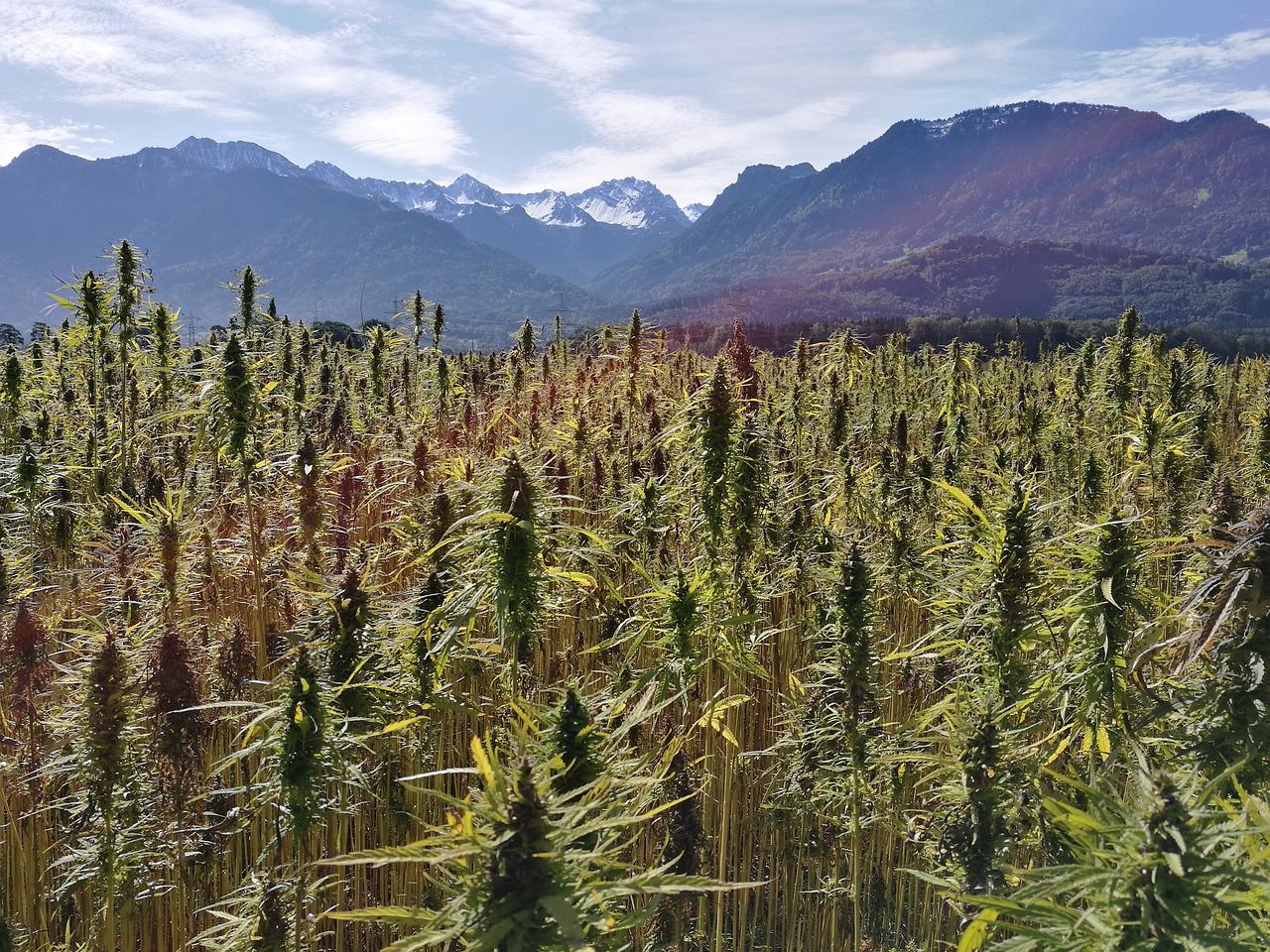Did you realize that in 2019, constant pain affected 33% of the U.S. populace? This number continues to rise; thus, medical cannabis and chronic pain treat and help manage or hopefully eliminate pain. Find out why the legalization of marijuana is so important.
Various NSAIDs (non-steroidal calming drugs), acetaminophen, and narcotics are regularly used to treat pain. Nonetheless, there’s no assurance that these medications will be potent in eliminating pain. Nor is there an assurance that these medications won’t bring on any adverse results.
These days, cannabis and its numerous cannabinoids are being sought after more due to their therapeutic and healthy properties. Generally, however, elective plant medication turns into a portion of thousands of people’s schedules and life habits for various reasons. Here are a couple of principal reasons why.
Understanding Medical Cannabis And Chronic Pain
How to Treat It Properly
When somebody encounters pain, their essential mission is to eliminate it and use an object to achieve relief. However, before treating pain, it’s vital to comprehend the attributes of the suffering itself, its seriousness, and its capacity. For instance, is the pain intense or constant? Is it neuropathic or provocative pain? Is the misery brought about by a physical issue, ailment, affliction, or another prescription? In the wake of understanding the suffering, finding a fitting treatment technique is the following step.
While evaluating various treatment strategies, it’s essential to understand different treatment choices’ effectiveness and expected adverse impacts/responses. From here, an individual should establish a reasonable treatment strategy that lines up with the kind of pain they’re encountering.

Customary Meds Versus Optional Plant Medications
Although narcotics, NSAIDs, acetaminophen, and different OTC (over-the-counter) drugs will be the standard for the administrators and benefit, cannabis and its variety of valuable cannabinoids are filling popular and useful.
In particular, to keep away from expected unfavorable results and the danger of chronic drug use or reliance, narcotics are taking a secondary lounge for some. Cannabinoids are being sought after, all things being equal. Despite conventional medications exhibiting their viability in various circumstances and others, issues can emerge post-utilization.
For instance, NSAIDs can be valuable. However, they’ve likewise been related to severe complications, including the gastrointestinal, cardiovascular, and renal cores. Next are narcotics, which have demonstrated their capacity in various circumstances. In any case, they’ve likewise shown their ability to cause mental inefficiencies, motor interference, and respiratory grief. Narcotics additionally, shockingly, speak to a ground-breaking attitude and reliance risk among specific groups of people.
Over the long haul, elective plant medication, such as cannabis, various cannabinoids, and terpenes gradually changes the way the directors are seen and performed.
Perhaps the most widely recognized claims against the viability of clinical cannabis today are that the general approach is managing sound science. Presently, 33 states and the District of Columbia, Guam, and Puerto Rico have passed specific clinical cannabis programs. – yet authorities frequently bring up we need convincing evidence that maryjane securely and adequately treats many qualifying conditions.

FDA And Medical Cannabis And Chronic Pain
There are two things amiss with this contention. First, we recognize entirely too many drug drugs as actual medication endorsement from the U.S. Food and Drug Administration. Without specific support or, in any event, convincing evidence that they securely work. Furthermore, those medications’ safety and viability aren’t supported by a pile of related documentation – not at all like cannabis use, which has millennia of documentation.
Second, while the facts confirm that generations of the government’s restraining cannabis rules have regularly kept researchers from addressing the twofold visually impaired, false treatment controlled clinical preliminaries, we’ve come to compare with the highest quality level. Logical proof that specific prescriptions are successful and safe is a long way from reality. There’s no proof to help the adequacy of cannabis as an elective medication.
Putting aside a critical level of purported “highest quality level,” clinical preliminaries are ineffectively planned and supported by organizations with monetary impetuses. To fast-track their medications’ endorsement, clinical preliminaries are not by any means the only kind of proof that is important. Since we don’t have preliminary clinical outcomes that affirm clinical cannabis, reduces pain, promote sleep loss, decrease anxiety, and so forth, it doesn’t mean it doesn’t work.
Reports Focus On Medical Cannabis And Chronic Pain
Despite far and wide ridicule toward incidental proof, it’s been over twenty years since California turned into the principal state to legitimize clinical cannabis. That implies we have 20 or more extended periods of related evidence supporting the viability of clinical cannabis.
At the point when a vast number of individuals report valuable comparative impacts from clinical cannabis items, odds are they’re onto something. That collection of narrative proof has since a long time ago passed the purpose of the minimum amount. – it’s not, at this point, suitable to disregard episodic records as just unwarranted prattle.
For instance, when many people state clinical cannabis has helped them lessen or cease their narcotics use, that is convincing proof. It’s also sponsored by essential basic research. Similar to data from a recent report shared in Nature’s subsidiary journal Neuropsychopharmacology supports the uses of cannabis. Determined compound cannabidiol (CBD), preventing illicit drug use and relapse.

There is an investigation – only not in the U.S.
Truth be told, a consistently developing group of opening research records. The wellbeing and capacity of cannabis for a few illnesses. Including yet not limited to continuous pain, asthma, inflammatory skin conditions, and side effects of multiple sclerosis.
A lot of that exploration comes from different nations, for example, Israel, which has grasped clinical cannabis research instead of making it restrictively troublesome. We likewise have solid proof that pure clinical cannabis is non-poisonous and generally protected. At the same time, a great many Americans eat cannabis consistently. The Public Establishment on Medication Misuse reports: “There are no reports of teenagers or grown-ups biting the dust from weed alone.”
PubMed, the logical investigation information base kept up by the Public Foundations of Wellbeing, records almost 20,000 investigations identifying with weed or cannabinoids. For similarity, about 33% of drug medications on the U.S. market were endorsed by the FDA. Dependent on a single clinical introductory – and various such preliminaries were reasonably small and short in the extent.
Indeed, even without the highest quality level clinical preliminaries, the titanic group of proof supporting clinical weed’s overall security and adequacy is undeniably more far-reaching than the FDA standard for most drug meds. Also, when we perceive this fact, the evidentiary estimation of lived human experience gets clear.
Many individuals across this nation use this plant for practical and clinical purposes; one explanation: It works. It’s not a promotion. It is anything but a fantasy. Cannabis is a genuine medication.https://www.fda.gov/news-events/public-health-focus/fda-regulation-cannabis-and-cannabis-derived-products-including-cannabidiol-cbd Dahlia Mertens is the author and President of Mary Jane’s Medicinals, a central cannabis topicals organization rehearsing common, entire plant imbuement at its Colorado creation office since 2009.
Medical Cannabis And Chronic Pain
The Administration and Treatment
The cannabis plant contains more than 100 cannabinoids. However, some are more notable, for example, Cannabidiol (CBD) and Tetrahydrocannabinol (THC). Various cannabinoids are medicinally and restoratively helpful multiply. All things considered, CBD, THC, Cannabichromene (CBC), and Cannabigerol’s (CBG) pain-relieving properties stick out. Up until this point, it has been discovered that CBC contains both mitigating and pain-relieving properties. Though, CBG has demonstrated its more hearty pain-relieving movement than THC.
Besides various cannabinoids’ pain-relieving properties, different terpenes found on the cannabis plant are analgesics, particularly myrcene. One 2008 examination developed this and expressed that: “Myrcene is pain-relieving, and such action, rather than cannabinoids, is obstructed by naloxone recommending a like narcotic component.” Another terpene that contains pain-relieving and calming credits is β-caryophyllene.
Moreover, cannabinoid analgesics have generally been throughout continued inside clinical preliminaries. The World Health Organization (WHO) likewise detailed that CBD is non-psychoactive, non-poisonous, non-addictive, and has a decent security profile.
Although there’s a whole other world to find out about cannabinoids and pain in the business world, various reviews of cannabis patients have revealed insight into the replacement of cannabis matters for narcotics. In particular, one 2017 summary zeroed in on American and Canadian cannabis patients. Next was considered: “Our discoveries are expected with earlier studies of American and Canadian cannabis patients. The replacement of maryjane for narcotics was pervasive because of the managers’ better demonstration and less opposed and withdrawal consequences.”
To Learn More about CBD, go to Hemp Medical Uses.
In any case, more research should be done to see how exactly medical marijuana works. Please leave your comments or questions below. Better yet, if you have experienced using medical marijuana. And what is your opinion on legalizing cannabis?
Cheers,
Kevin
kevin@hempmedicalbenefits.com
